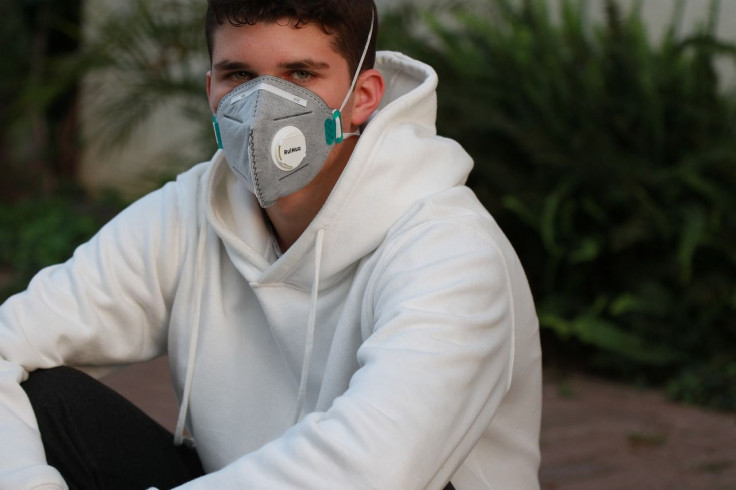Michigan Extends Coronavirus Stay-At-Home Order Through April 30
KEY POINTS
- The previous order has been effective from March 24 and was set to expire on April 13
- Governor Gretchen Whitmer said the extension of the order came in response to the increasingly worsening pandemic situation in the state.
- The extension will uphold the restrictions of the original order, except for imposing some additional ones on essential businesses.
Michigan governor Gretchen Whitmer has extended the existing stay-at-home order amid the coronavirus outbreak until April 30, which means the state’s nearly 10 million residents can’t venture out in the next three weeks.
The expansion of the “Stay Home, Stay Safe” order was announced Thursday, entailing some additional restrictions. The previous order has been effective from March 24 and was due for expiry on April 13. Whitmer said, in a press conference, that she landed the decision after weighing in on the increasingly worsening pandemic situation in the state.
“Michigan has the third highest number of COVID-19 cases in the country, and we’re still on the upswing. We must continue to do everything we can to slow the spread and protect our families,” Whitmer said.
Michigan followed the lead of several other states that have extended their original order, including Illinois, Indiana, and Ohio. The new order, which goes into effect from April 9, requires residents to stay home unless they need to leave home for work deemed essential.
“It’s clear that staying home is the most effective way we can slow the spread of COVID-19 in Michigan,” Dr. Joneigh Khaldun, Chief Deputy for Health and Chief Medical Executive at Michigan Department of Health and Human Services, said.
Several businesses will remain closed likewise the previous order, with restaurants limited to takeout or delivery only. It also continues to impose a restriction on any gathering, public or private, with people outside of a household. Only essential businesses were allowed to operate.
As for the additional restrictions, the new order asked large stores to limit the number of people inside at a time to no more than 4 customers for every 1,000 square feet of customer floor space whilst small stores must limit capacity to 25% of the total occupancy limits, including employees, under the fire codes.
Michigan has reported at least 21,504 positive cases, as of Friday, with 1,076 total deaths.

© Copyright IBTimes 2025. All rights reserved.






















